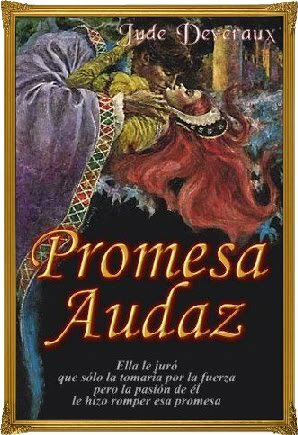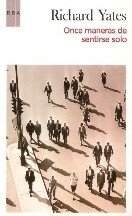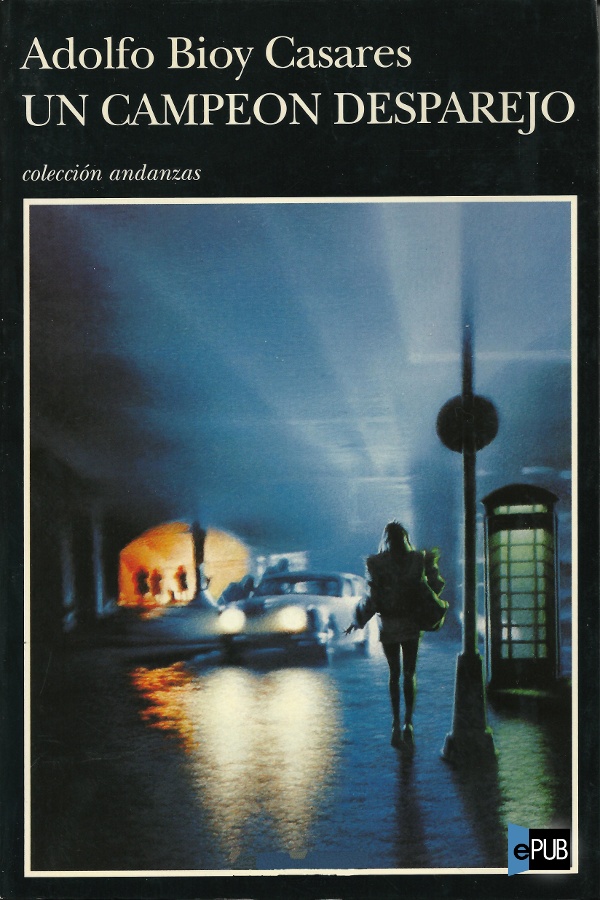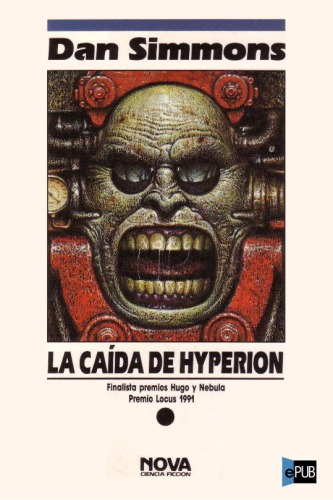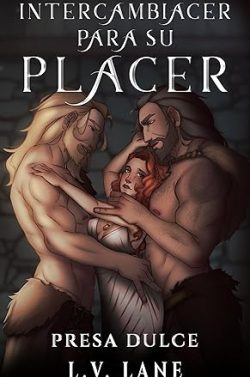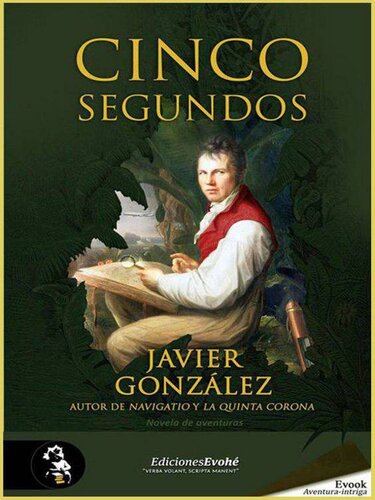oleebook.com
Los Lamb de Londres de Ackroyd, Peter
de Ackroyd, Peter - Género: Ficcion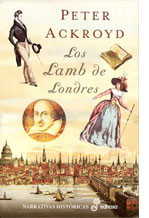
Sinopsis
Esta es la historia de una familia londinense, los Lamb, poco conocida en España pero cuya importancia en la recuperación y valorización de Shakespeare es indiscutible. Charles Lam intenta hacerse un sitio en la sociedad literaria del siglo XIX (al tiempo que frecuenta en exceso los pubs), y Mary busca el modo de huir de una casa en la que convive con unos progenitores al borde de la locura. La pasión que comparten por la obra de Shakespeare es para ambos un perfecto modo de evasión. Sin embargo, cuando un joven y ambicioso librero les asegura haber encontrado diversos manuscritos de Shakespeare e incluso una obra teatral inédita, se sumergen en una estremecedora investigación que les puede llevar a la inmortalidad o al más estrepitoso de los ridículos. Peter Ackroyd nos recrea con todo lujo de detalles, el ambiente literario y la sociedad del Londres del siglo XIX en esta intersante novela.
Libros Recomendados - Relacionados
Reseñas Varias sobre este libro
Riveting, complex & super well written, "The Lambs of London" is yet another fully submersive foray into a previous age from Ackroyd, whose magnum opus I feel ultimately to be "Hawksmoor." Here, we deal not with gothic architecture but with the Bard himself, ultimate emblem for all good British things. But what is fascinating ends up in a predictable fashion, & this is my one sole bitch (complaint). As a whole, it's elusive, distinguished & v. unforgettable.80 s Lisa1,052 3,314
I bought this book before travelling to London, along with two others that fulfilled the criteria I had decided upon: it must be a novel by an author I haven't read yet, and it must feature London in the title. Strange criteria to pick books, I realise now, and as I try to put into words what I think about this one, I wonder how the other two picks, Martin Amis' London Fields and Iain Sinclair's London Orbital, will fare. [Update: I love-hated [book:London Fields|18830], and London Orbital has not managed to keep me within its orbit for more than a page or two at a time, so it is slow motion reading].
I started with "The Lambs of London" because I love 19th century London, and am obsessed with the milieu of classical literature, so I was convinced I would the topic. I did not know much about the historical background of the Lamb family, so I read the story as pure fiction, and caught up on the facts later. I don't know if it had been better the other way round, but as a piece of fiction, I found the book rather shallow and lacking purpose and drive, as well as a proper raison d'être. It did not deliver any suspense or character analysis, and everything unfolded with annoying predictability. From the very first moment we know the forger (even though it is never explicitly shown, the hints are so evident that a Middle School mystery book feels more subtle). We have to accept his rationale for the fraud, a rather exaggerated father complex, that he seems to accept as a valid motive for deceit.
We know that the mentally weak heroine is passionately in love with the forger, even though it is a complete mystery to the people she lives with, as well as to herself at times. I found it hard to build a reading relationship with any of the characters, as they all are quite sketchy and appear on the stage one after the other, without any evident red thread.
As for the forgeries themselves, I had a hard time believing that people would have acted in that naive way, even though I know that William Ireland actually did get away with forgery. The way it is shown in the novel seems just too stupid. Within days of the presentation of a new, completely unheard of Shakespeare document, they accept it as genuine, despite the fact that the source remains obscure and the self-proclaimed "medium" - transmitting the new text to the admiring public - is a mere bookseller. The honours he receives as the "finder" are out of place as well. Why would people want to regard him as an author just because he found a manuscript? The whole drama around him is built on the knowledge the readers have of his actual identity, not the perceived role as a lucky bookseller. People treat him as if they instinctively know he has written the pieces, but at the same time, they naively proclaim their "absolute certainty" of the authenticity of the Shakespeare papers. How is that psychologically meaningful to the reader of today? It would have made more sense if the character had been shown in a more elaborate way, but he simply appears, shows his forgeries, gets the world to believe in them, and confesses. That is it. Full story.
I would not necessarily recommend this book, but in a way, I feel compelled to try at least one more Peter Ackroyd to see if I might find some qualities in his work that I didn't grasp in "The Lambs of London". I did that - very unsuccessfully - with other authors I did not , for example reading Eleven Minutes after The Alchemist or Home after Gilead... 1001-books-to-read-before-you-die28 s Shovelmonkey1353 918
A short sharp burst of creamy historical fiction goodness from Peter Ackroyd; a man who is basically a big walking encyclopaedia of London in "days of yore". I've read both Hawksmoor, The Fall of Troy and The House of Dr Dee and although I wasn't that enamoured of Dr Dee, Hawksmoor gets a big thumbs up and 10/10 for effort, research, and all round weirdness against the magnificent backdrop of St Pauls, both past and present.
The Lambs of London deals with Charles and Mary Lamb (if you were expecting a story about anthropomorphic sheep then you need to look elsewhere). They are best known for sanitising Shakespeare and producing a nice tidy volume of stories based on the bards best work, thus making it accessible to children. Normally they are portrayed as a slightly fluffy brother-sister duo who d reading and wrote a nice book for kiddy-winks, however they both had fraught personal lives, and suffered from mental illness. Mary went as far as to murder her own mother which probably goes a long way to making her less than child-friendly fodder. At best you're unly to have wanted to invite her round for dinner (see cutlery reference below*).
The Lambs of London is a little different because Ackroyd departs from the supernatural theme which he has inserted into his other historical fiction and instead juxtaposes the story of the Lambs' with that of William Ireland. Ireland was charming (possibly) shyster and charlatan who concocted new Shakespeare plays which were duly slurped up by the entertainment-hungry, peri-wigged masses in London at the time. I've got no idea of Charles and Mary ever crossed paths with Ireland but the combination of the Lambs' obsession with Shakespeare and Ireland's slightly less honest obsession with Shakespeare pull them together nicely.
Ultimately I feel a weird sort of connection to Ackroyd because he knows and loves the historic fabric of London in the same way that I know and understand the historic fabric of Liverpool.
( * Watch out for the old cutlery switcheroo when Mary stabs Mummy dearest - in the book she's wielding a fork, but her weapon of choice in reality was a knife. An odd to detail to change, Mr Ackroyd. Personally I'd have gone for the spoon. As Alan Rickman famously said in Robin Hood Prince of Thieves; "it'll hurt more".)1001-books bookcrossing-books read-in-201117 s A. Raca753 158
3.5
Her birimizin, diyordu de Quincey, bu kadar küçük bir varl?k merkezi olmas?ndan nefret ediyorum. Ben. Benim dü?üncelerim. Benim zevklerim. Benim eylemlerim. Varsa yoksa ben. Bir hapishane bu. Dünya tamamen bencil insanlardan olu?uyor. Ba?ka hiçbir ?eyin önemi yok. ( )
Kendimin ötesine geçmek isterdim.
Autor del comentario:
=================================
